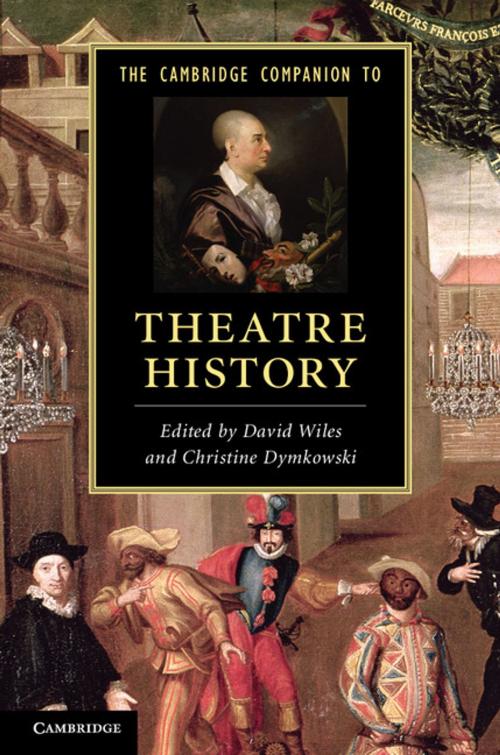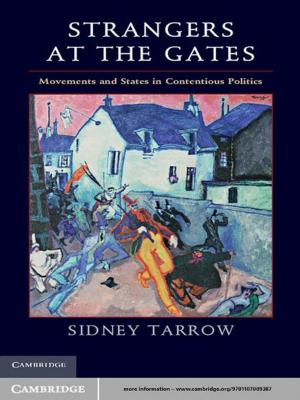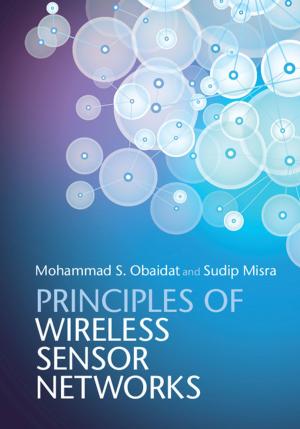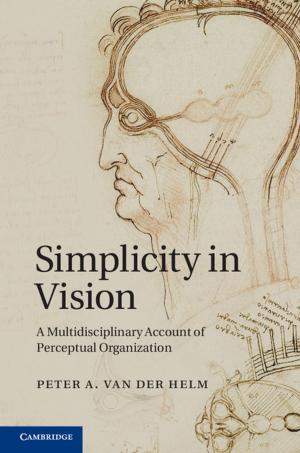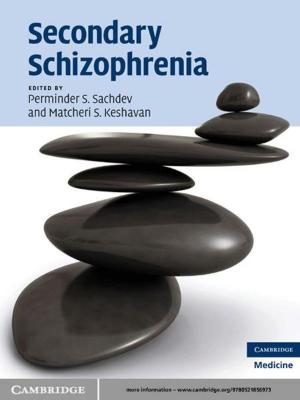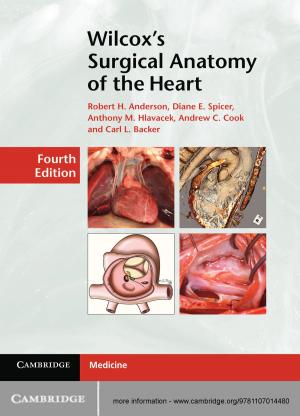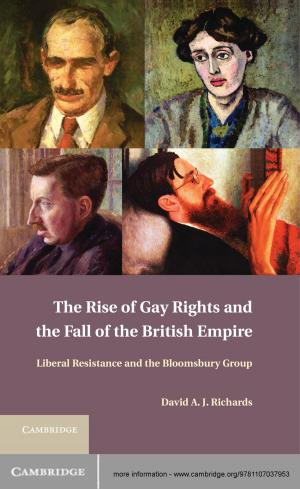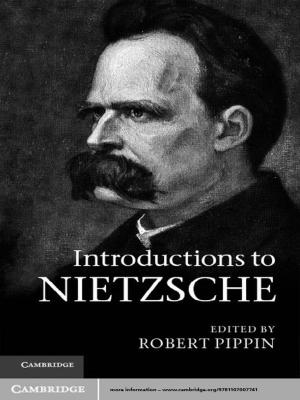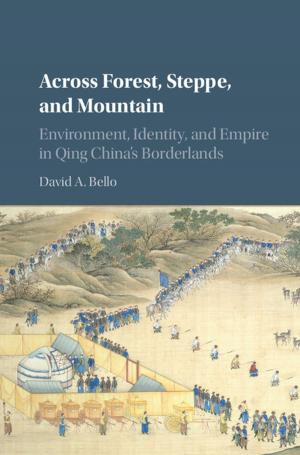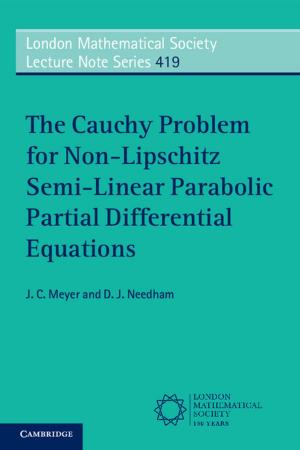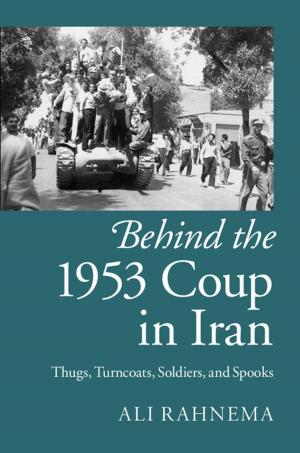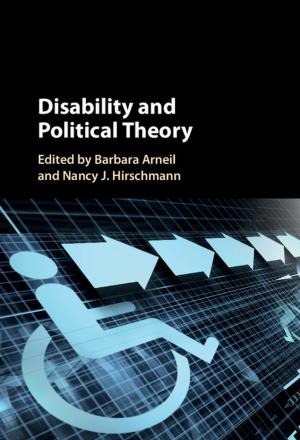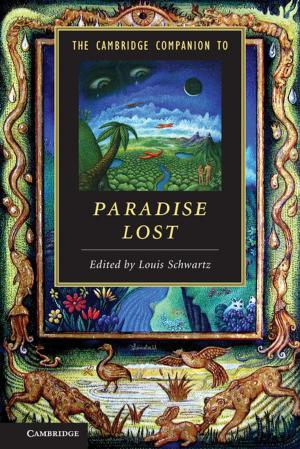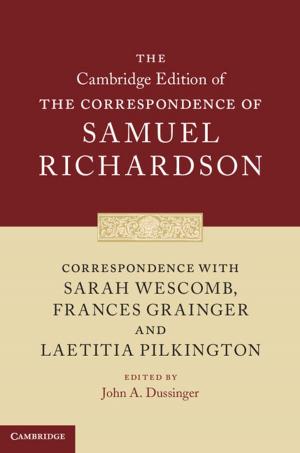The Cambridge Companion to Theatre History
Fiction & Literature, Drama, Nonfiction, Entertainment, Performing Arts| Author: | ISBN: | 9781107485365 | |
| Publisher: | Cambridge University Press | Publication: | December 13, 2012 |
| Imprint: | Cambridge University Press | Language: | English |
| Author: | |
| ISBN: | 9781107485365 |
| Publisher: | Cambridge University Press |
| Publication: | December 13, 2012 |
| Imprint: | Cambridge University Press |
| Language: | English |
Scholars, amateur historians and actors have shaped theatre history in different ways at different times and in different places. This Companion offers students and general readers a series of accessible and engaging essays on the key aspects of studying and writing theatre history. The diverse international team of contributors investigates how theatre history has been constructed, showing how historical facts are tied to political and artistic agendas and explaining why history matters to us. Beginning with an introduction to the central narrative that traditionally informs our understanding of what theatre is, the book then turns to alternative points of view - from other parts of the world and from the perspective of performers in fields such as music-theatre and circus. It concludes by looking at how history is written in the 'democratic' age of the Internet and offers a new perspective on theatre history in our globalised world.
Scholars, amateur historians and actors have shaped theatre history in different ways at different times and in different places. This Companion offers students and general readers a series of accessible and engaging essays on the key aspects of studying and writing theatre history. The diverse international team of contributors investigates how theatre history has been constructed, showing how historical facts are tied to political and artistic agendas and explaining why history matters to us. Beginning with an introduction to the central narrative that traditionally informs our understanding of what theatre is, the book then turns to alternative points of view - from other parts of the world and from the perspective of performers in fields such as music-theatre and circus. It concludes by looking at how history is written in the 'democratic' age of the Internet and offers a new perspective on theatre history in our globalised world.
